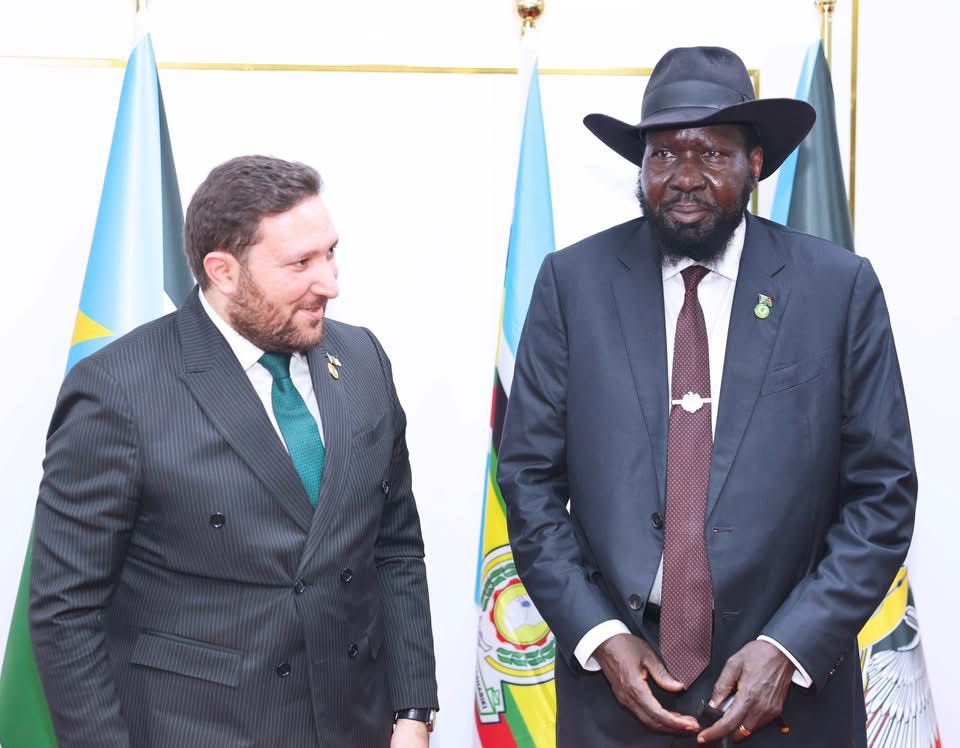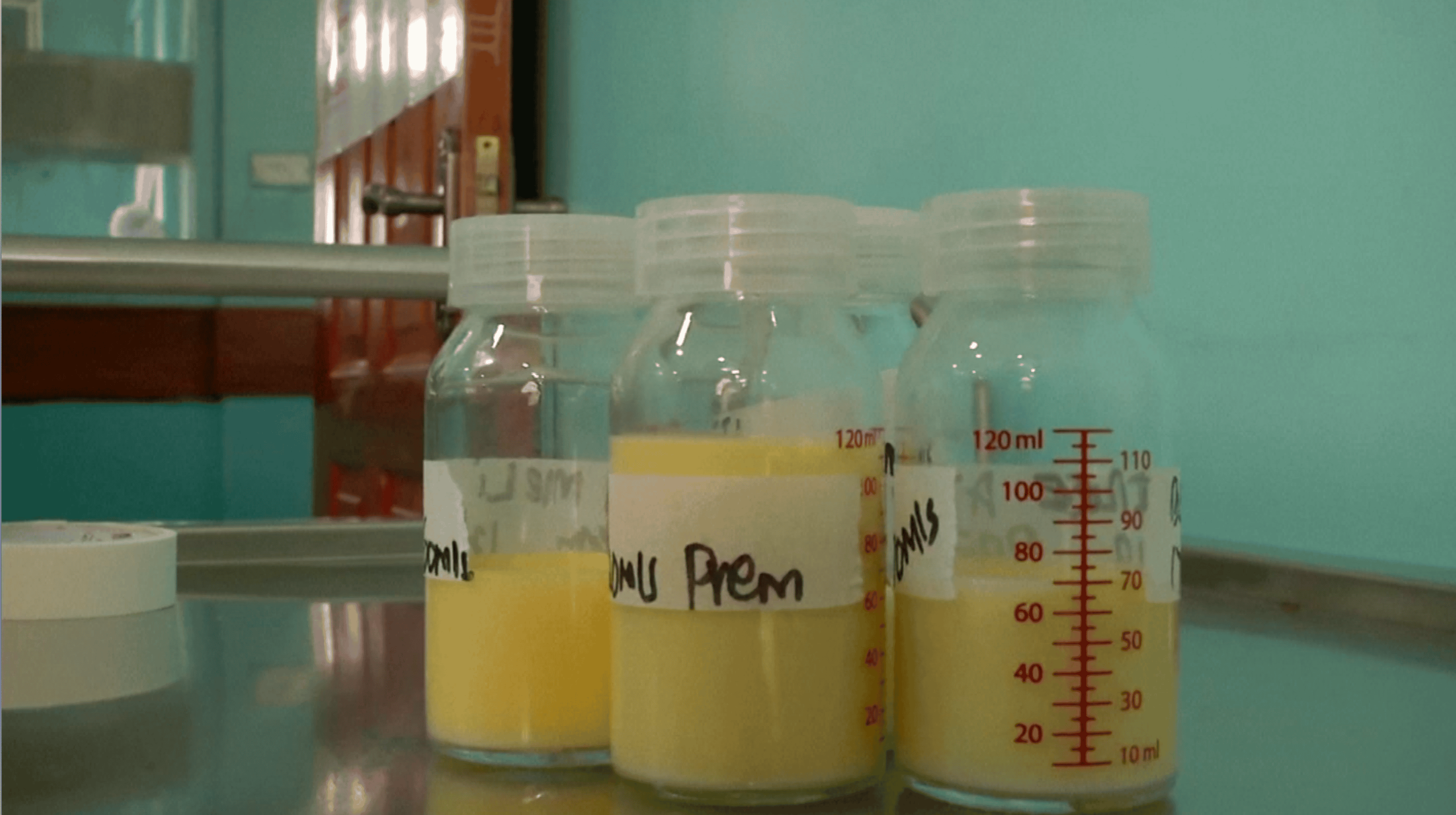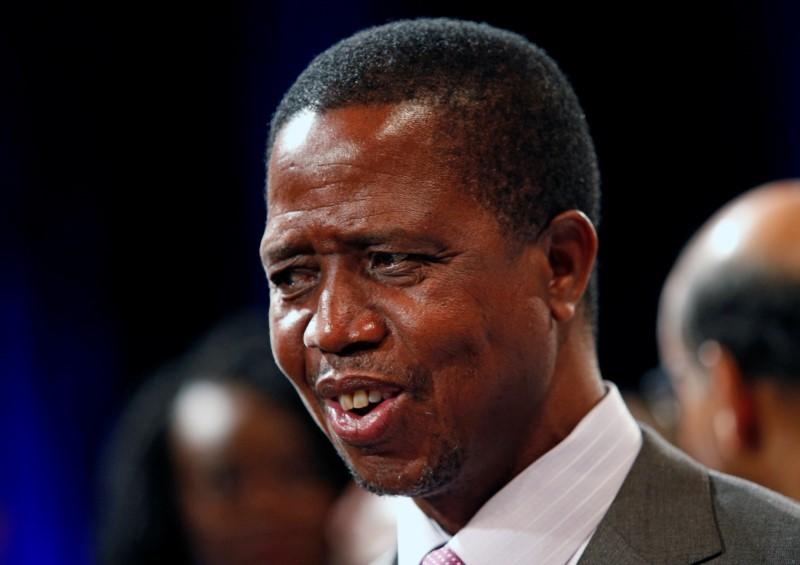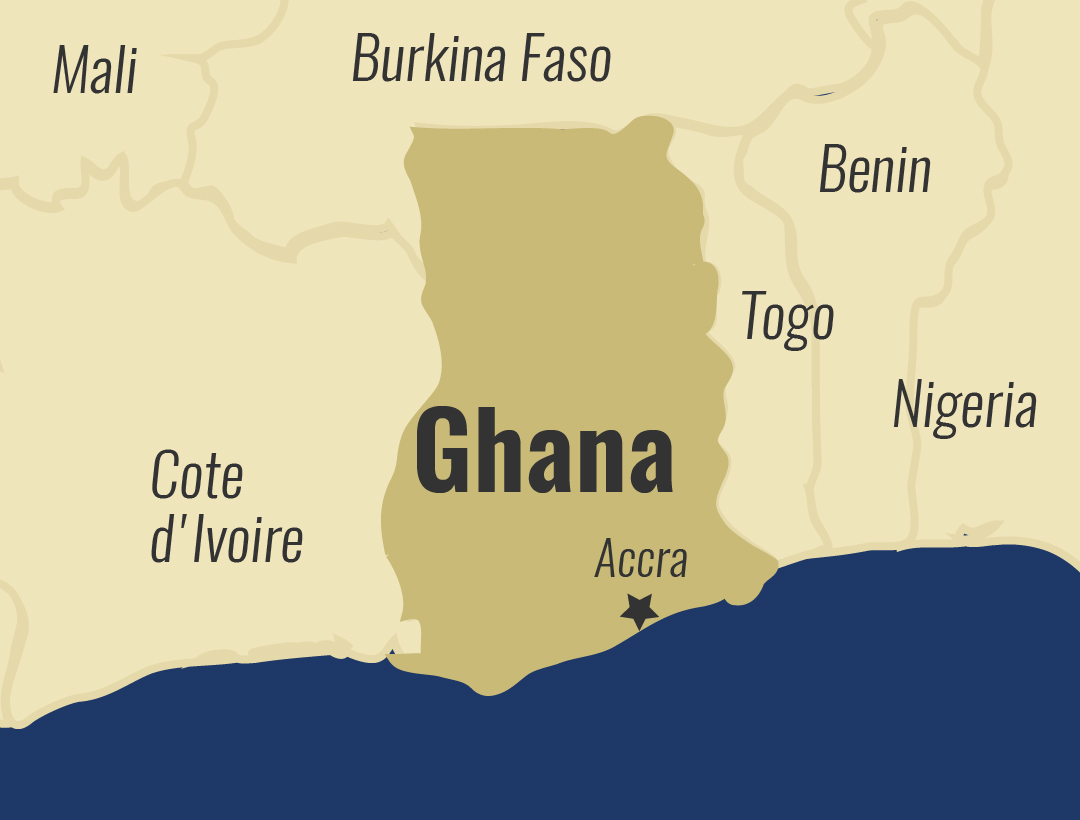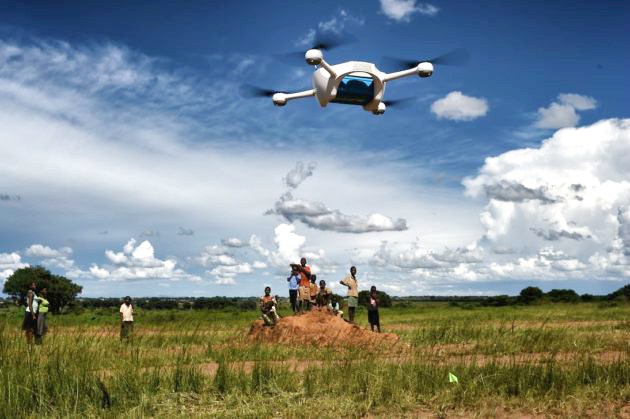
Malawi creates first humanitarian drone flight path in the world
The government of Malawi has established an air corridor for drones used in humanitarian aid
According to a report by UNICEF, the government in partnership with the United Nations Children Fund (UNICEF) made the move to create the corridor so as to test the potential of humanitarian use of Unmanned Aircraft System (UAS) commonly known as drones.
”We would like to establish a designated area where we will permit different types of unmanned aerial vehicles so that we will be able to come up with the right type of vehicles which can be used for different purposes,” said Alfred Mtilatila, director of the Department of Civil
Malawi’s corridor is a first in Africa and a first globally for the focus on humanitarian and development use. The corridor which will be fully operational by April 2017 will have a maximum distance of 40 km.
“Malawi has over the past years faced serious droughts and flooding,” Malawi’s Minister of Transport and Public Works, Jappie Mhango said. “The launch of the UAS testing corridor is particularly important to support transportation and data collection where land transport infrastructure is either not feasible or difficult during emergencies.”
Malawi is formulating a framework that will regulate the safe operation of the country’s airspace. By creating the corridor the government is also encouraging the private sector, universities and other partners to develop drones that can deliver services that will benefit the community
UNICEF-Malawi successfully completed its first test flight of the 10-kilometer route from a community health center to the Kamuzu Central Hospital in the capital, Lilongwe in March this year.
“One that we have already done here in Malawi is to transport infant blood samples to laboratories for HIV testing. This can cut the time it takes to get HIV test results, making it more likely that clinics in remote areas can follow up with mothers,” said UNICEF Resident Representative to Malawi, Johannes Wedenig explaining how the drones have many potential applications for children.
It is UNICEF pilot project in March that prompted the corridor development. UNICEF transported dried blood samples for infant’s diagnosis of HIV, a critical mission for a child’s future. The humanitarian organization is expanding the project.
The government of Malawi is looking for potential drone operators to assist in disasters in order to ensure a rapid emergency response



